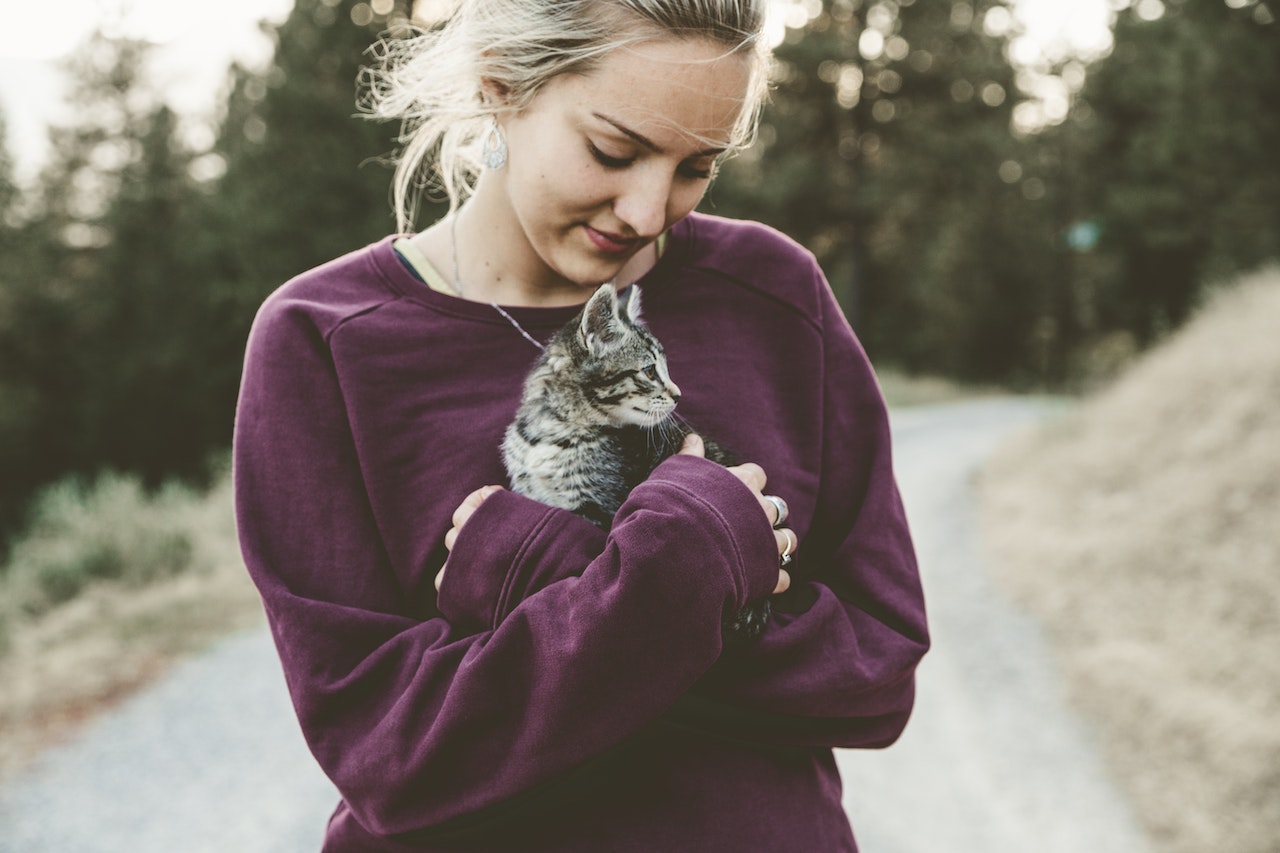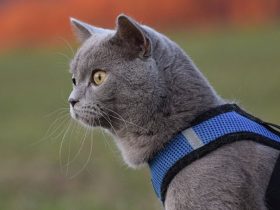Like most modern cat breeds, the Balinese were bred for his distinct and charming take on another breed (in this case, the Siamese) and his affectionate personality. The Balinese is a long-haired breed that emanated as a surprise from Siamese litters and was created into their breed beginning in the 1940s.
The Balinese is by vast an extremely vibrant, smart, tender, and friendly cat. They appreciate playing and are extremely inquisitive, so you should have loads of toys to keep them busy.
Their inclusion in the Javanese breed widened the color palette of the Balinese to include over 40 various colors and patterns, and they are a blue eyes colored cats.
Fun fact about the Balinese cat
The Balinese have a lifespan of around 18-22 years. They stand around 8-13 inches high and weigh 5-10 pounds; also, the Balinese cat stops growing after 18 months.
The Balinese are an extremely vocal breed, and they are incredibly social and affectionate with their owners, and they get along well with dogs.
Male Balinese are somewhat larger than females. They eat wet food, but It is best to discuss the diet to serve your Balinese with your veterinarian, and milk is not recommended for cats.
Is There a Need to Groom a Balinese cat?
Unlike other longer-haired breeds, the Balinese have a soft, silky, medium-length coat with no undercoat. The Balinese do periodontal and do fine with one weekly brushing.
Balinese are quite healthy, though they do have dispositions towards some genetic illnesses. And Balinese cats are not hypoallergenic.
This breed is not known for being polydactyl though the transformation can spontaneously occur in any cat breed.
Diseases that Balinese cats are Prone To
Though the Balinese are quite healthy cats, they are still prone to get affected by certain diseases if not well taken care of.
1. Dilated Cardiomyopathy: Dilated Cardiomyopathy is a heart condition that is defined by the heart muscles’ inability to contract properly, which eventually leads to a decrease in blood pumping to the heart. When a cat has cardiomyopathy, both the heart chambers become enlarged from having to work harder to get blood through. The extra stress on the heart from the limited blood flow often leads to congestive heart failure (CHF). The major symptoms of Dilated Cardiomyopathy (DCM) include depression, loss of appetite, and weakness. Domestic Longhairs are not prone to breed distinct diseases but, like all cats, can be prone to certain conditions like dilated cardiomyopathy.
2. Hereditary liver amyloidosis: Liver amyloidosis is a condition that causes hard, waxy lesions to accumulate in the liver. The build-up may cause blood in the abdomen and/or lead to eventual liver failure.
If you are seeking to adopt a cat, it will be a good decision if you look into the Balinese breeds of cats; they are one of the easiest and most adorable-looking cats and kittens.






